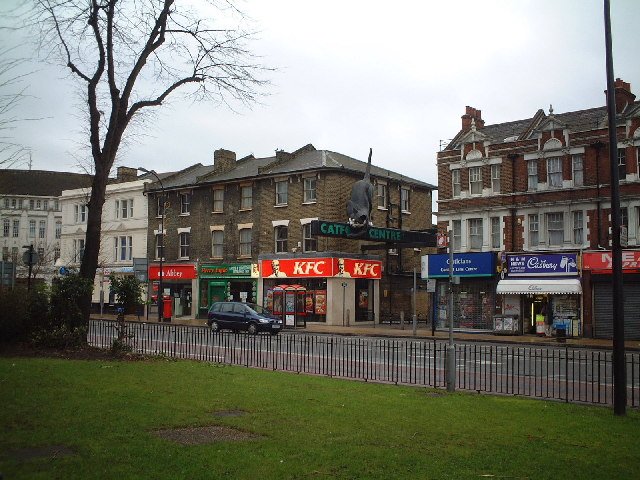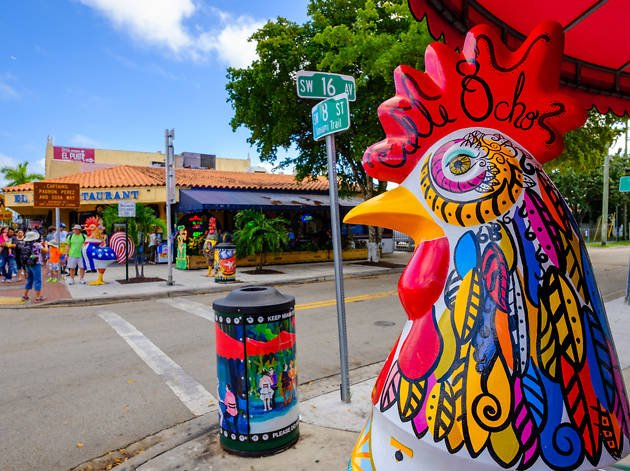[Social Talk] Use of Time Dollar 下

One of the pioneers of co-production using Time Dollar is the Grace Hill Settlement of St. Louis. The Member-Organized Resource Exchange (MORE) program currently supports community involvement at 11 regional centers and four health centers.
They joined the Head Start program in 2001 when they signed a contract to provide the program to 50% of the city of St. Louis. The MORE program proved its ability to engage with marginalized groups.
Beginning in 1964, the Head Start program was a child development and family strengthening program for families with 3-5 year olds. And it has now been proven that this is very effective in kindergarten preparation.
However, low - income parents who receive welfare benefits have to work for a certain amount of time each week, and it becomes increasingly difficult to involve exhausted parents.
MORE and Time Dollars were very effective in enabling that participation. It's because parents can get involved in the community and motivate them to deliver what they learn in the program.
Merging Head Start as part of MORE was in the early stages. However, we were already involved in 820 families with preschoolers. These families have already joined other programs in Grace Hill, but will be introduced to MORE.
Head Start has given parents the opportunity to get child care training and other skills training and add Co-Production factors while linking the process to MORE. They earned Time Dollar for helping their neighbors, which were available to health centers run by nine Time Dollar Stores or Grace Hill.
Other child education programs using Co-Production and Time Dollars allow mothers of mothers to receive childrearing and professional licenses while also using their Time Dollars to raise children during training. This is the heart of two innovative programs in Lister and Cotswolds in the UK.
Grace Hill also runs the Neighborhood College. Local residents can use Time Dollar to take classes from vocational training to diabetes treatment at this school. In 2002, a total of 60 courses were run by local residents and 2,300 members completed the course.
The next step was to develop a new center where Grace Hill could engage new settlers. Immigrants and refugees can now join Haed Start and other MORE programs.

If you do not treat your medical problems, your illness will get worse. If it gets worse, it will be more expensive to cure properly. With that in mind, we conclude that it is important to ensure that all families are regularly screened. However, due to the cost of screening and the fear of tax fraud, extreme families are neglected in health services and, in extreme cases, children are at risk of death.
At Seven Health Centers run by Grace Hill in St. Louis, extreme families have been able to use community services to pay taxes if they earn Time Dollar. A similar program is evolving elsewhere in Texas.
A study of the time dollar program at the South Rushey Green Health Center in London, UK, shows that participation in the program can have a dramatic effect on health. Especially those with clinical depression or those with mental retardation. Like the member care program, Rushey Green runs a small repair service with patients and makes Time Dollar available.
Co-production in the health sector clearly shows a partnership between doctors and patients. This partnership is possible if you understand that health care requires a support community to provide post-discharge checks and early warning signals. This partnership extends the concept of health beyond the personal dimension to concepts that include family, neighborhood, and community.

New York Brooklyn's Social Service Coalition, in conjunction with Time Dollar, used Time Dollars as a tool to help inhabitants in hazardous areas use their skills to rebuild communities. The federation provided training courses for child rearing certification to unemployed and social security beneficiary mothers, and provided employment counseling for migrant workers and low-income families. The next step in the program was to start a Time Dollar restaurant and pay employees time-dollars instead, and to provide food for the residents instead.
The strategy used in this area was to allow non-licensed child care providers to earn Time Dollars and to use the Time Dollar to pay for services provided by unemployed, refugees and immigrants.
The same strategy applies to workers, refugees and new immigrants. They use their skills for their neighbors and earn Time Dollar, even if they do not receive pay. So no one came home empty-handed.
The reason these new immigrants are vulnerable is that they do not think they have the right to fight against brutal employers or husbands. But with these measures people can get credit by helping them to get legal counsel using Time Dollar and study legal cases for themselves and others. This allows them to gain counseling and knowledge about their rights and status at the expense of their efforts in the region.

The most costly challenge for many US immigrants is that they can not work, but they have a vast array of skills. An innovative program from El Paso, Texas (part of the Ford Foundation) is using Co-Production to solve this problem in three areas:
· Incorporate Time Dollars into local clinics so that local people can work together with support groups, for example diabetics, to earn dollars. And you can use those dollars to pay for examinations, medical expenses, and other debts. Organizations believe this reduces mortality in the migratory community and reduces the number of people receiving critical care emergency care.
· Residents of the migrant area can be registered as Participants in the Time Dollar program, earn dollars using their skills, and can use Time Dollar to receive services from other residents or pay for their care.
· A Children's Technology Center is established where children can play, run radio stations, learn about various equipment, and pay in time dollars.
If the project was successful, the operators hoped to expand the project to 14 cities across the border to increase the quality of health care delivery channels in the migrant community.

It is important for mental health to give those who recover from mental disability self-confidence and self-esteem to the outside world and to remind them that they possess precious skills.
Co-Production was an effective strategy in this area. At Abriendo Puertas, a children's mental health clinic in Little Havana, Miami, patients can serve in the community and earn Time Dollar. And if you need help, use Time Dollar.
A similar program is currently in London. The program uses Time Dollar as a way to recover and prevent more serious problems.